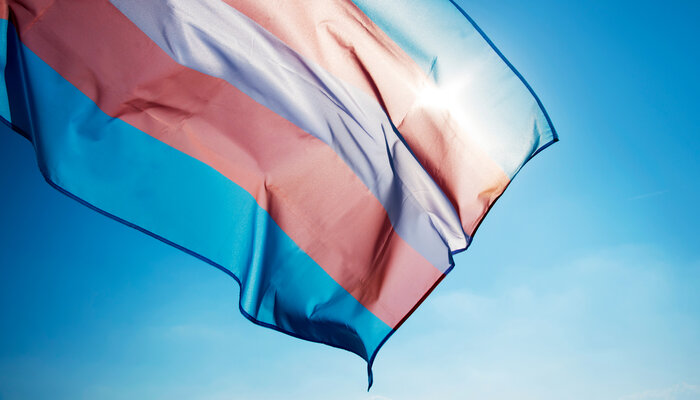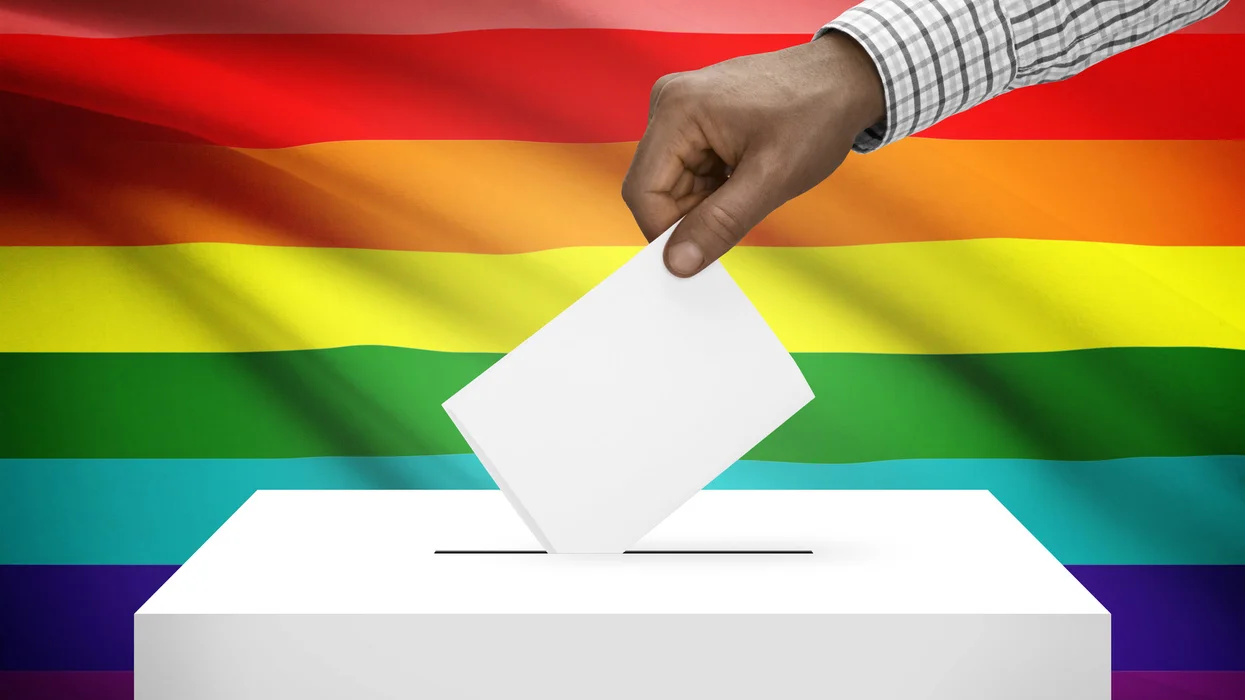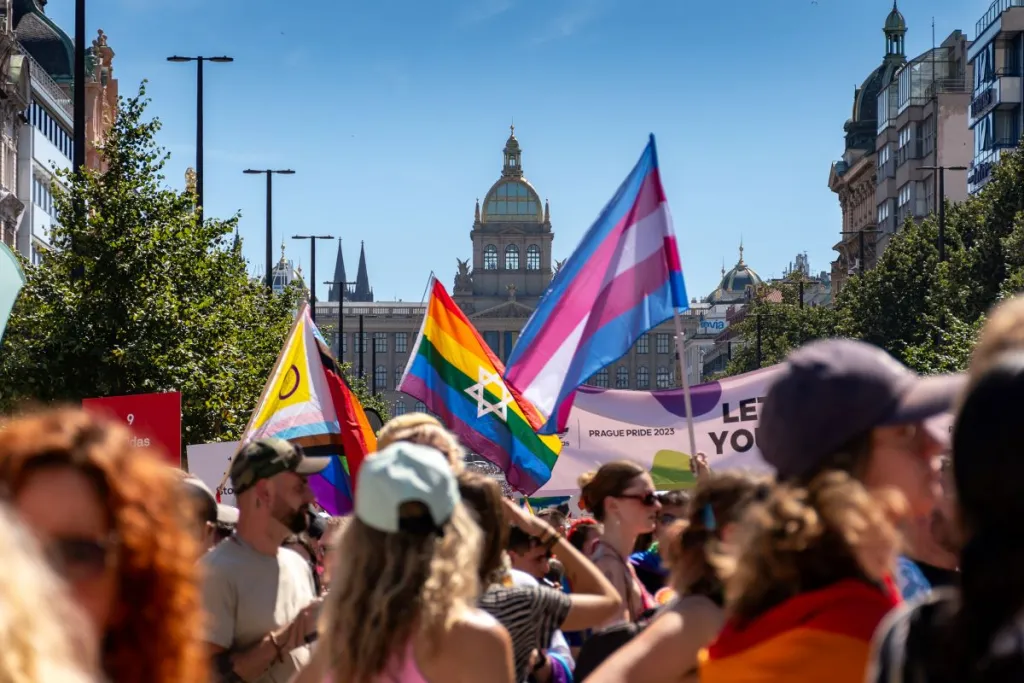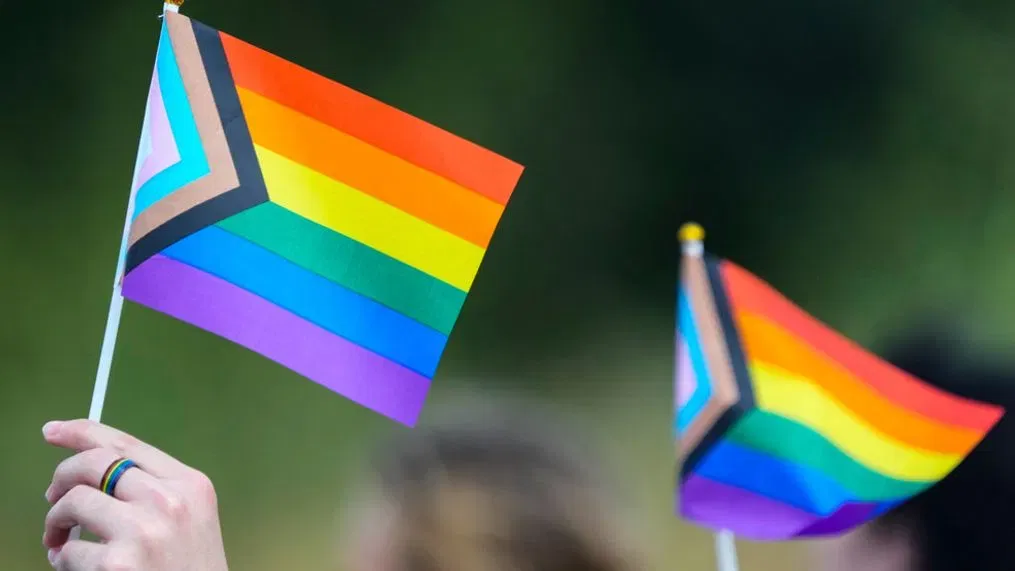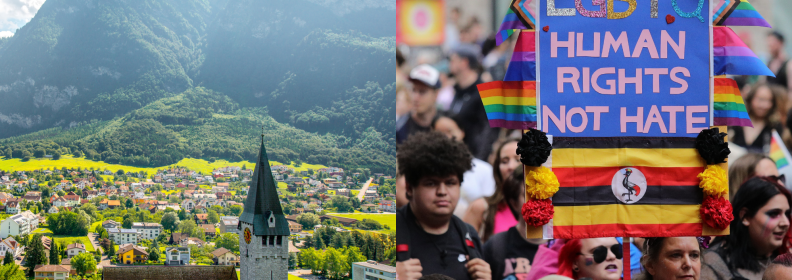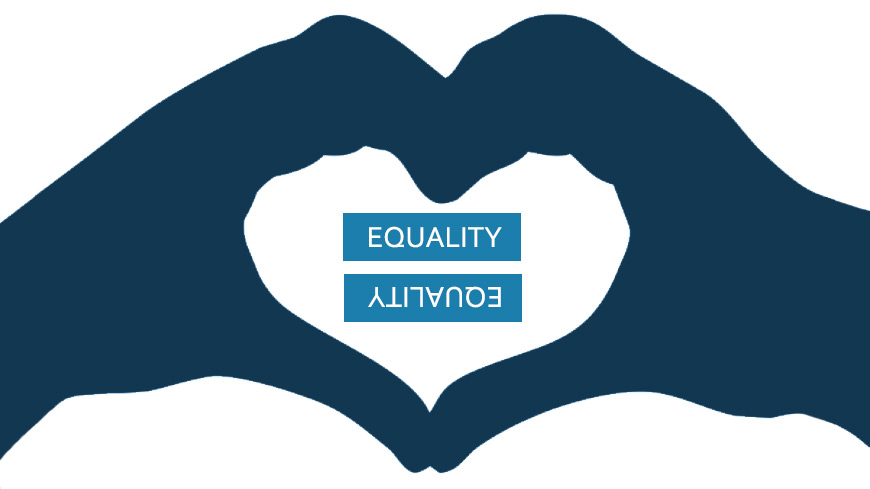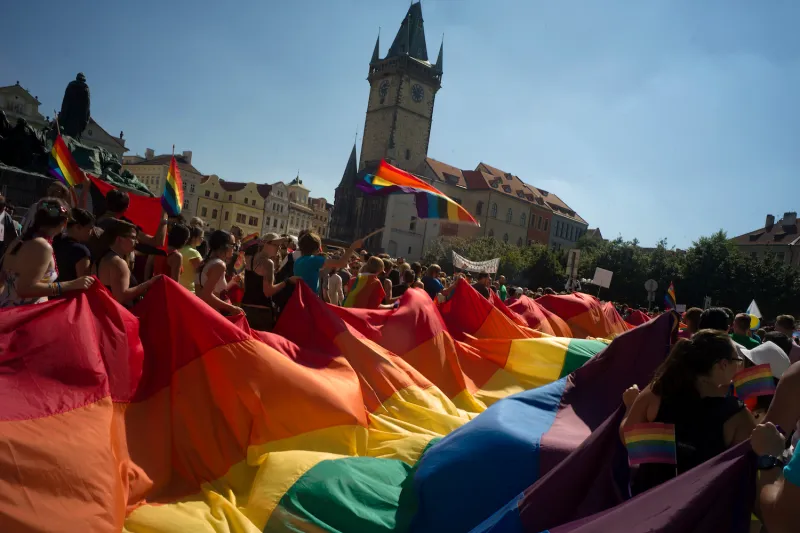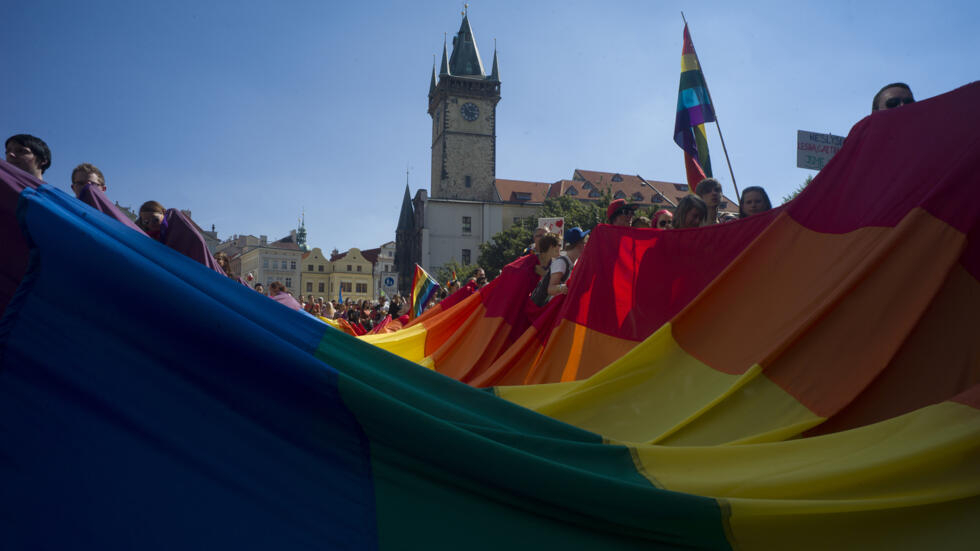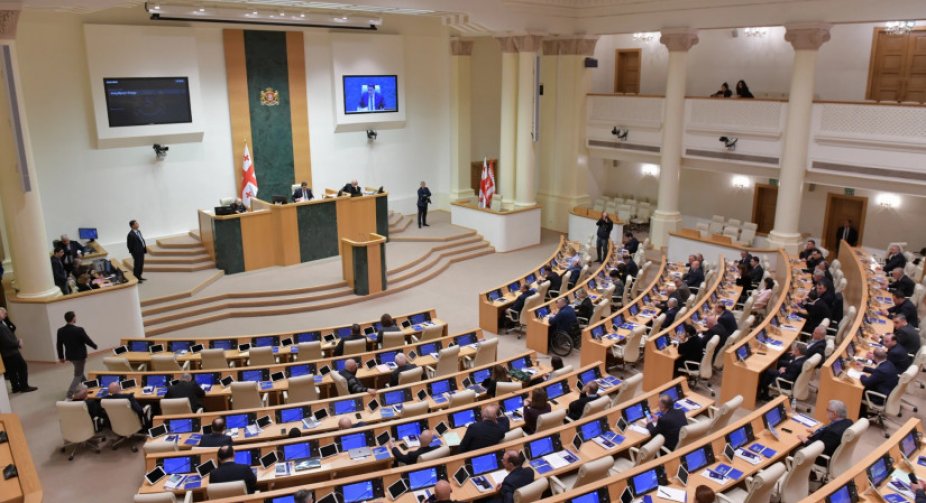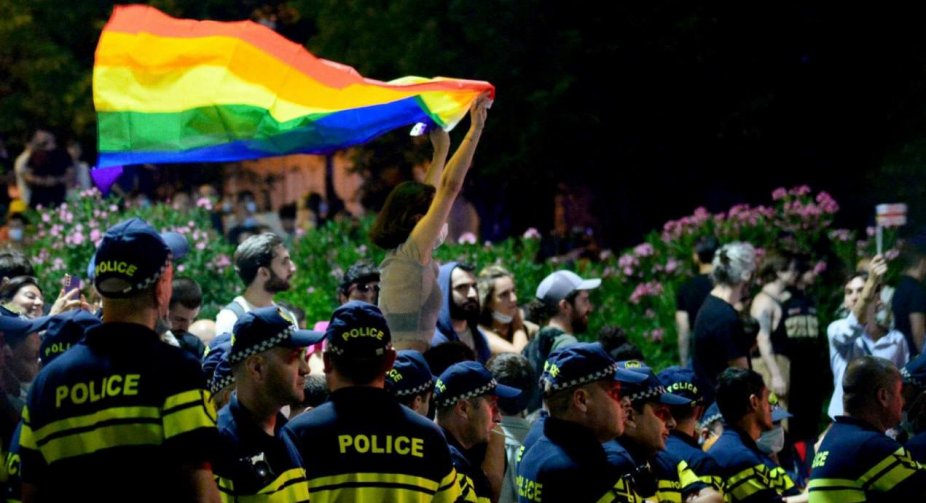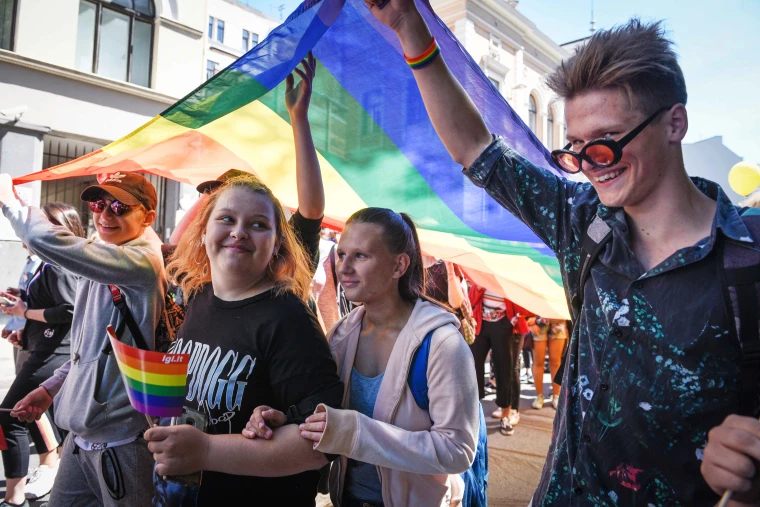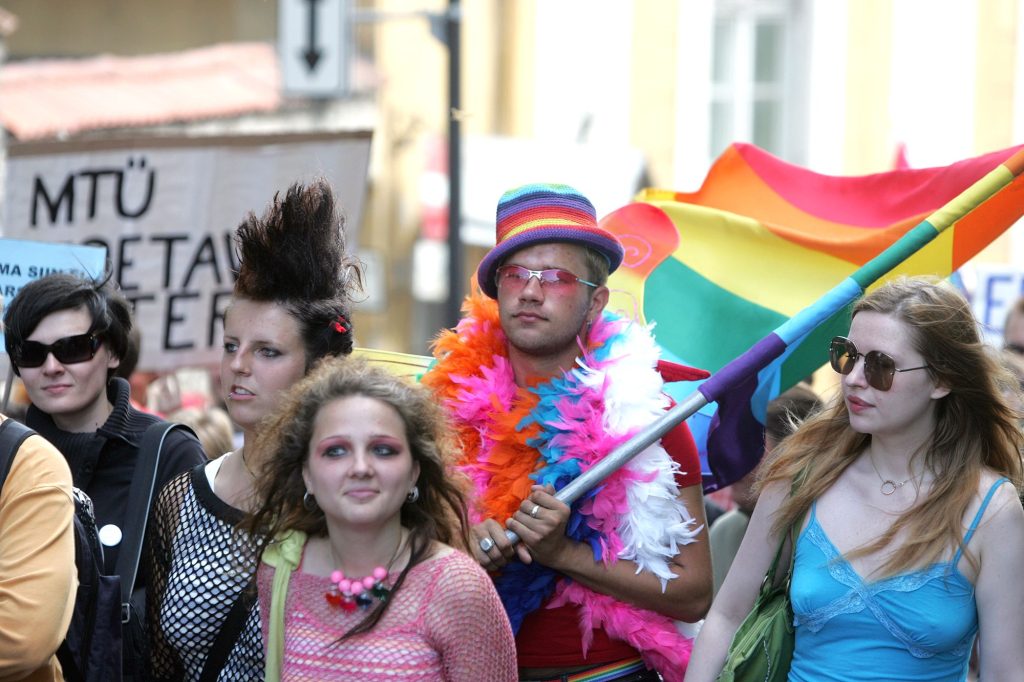Is it legal to install a window in a gender-neutral toilet: protecting rights or violating privacy?
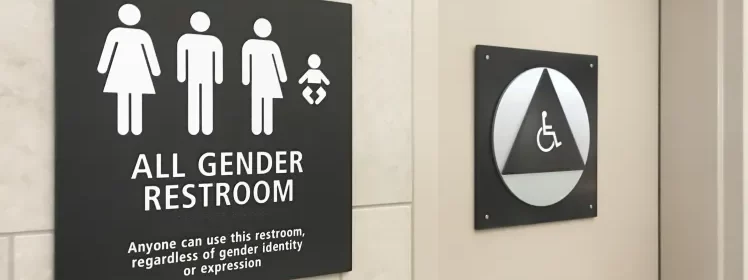
A Pennsylvania high school has installed a window in a gender-neutral restroom that allows the interior to be seen from the school’s hallway.
Transparency or Vulnerability? Window Installation in Pennsylvania High School’s Gender-Neutral Bathroom Sparks Controversy
Emory H. Markle High School in Hanover, Pennsylvania, just five miles from the Maryland border, installed a window in its gender-neutral restroom. These restrooms are typically reserved for transgender and non-binary people, providing them with the privacy and safety they need. Matthew Gelazela, chairman of the Southwest Area School District board, said the move was part of a project to renovate the school’s multi-user restrooms.
“He’s interested in creating transparency around the less private areas of these facilities, similar to what we’ve done in our elementary schools for years,” Gelazela told NBC affiliate WGAL in Lancaster. “By increasing the visibility of the space outside the stalls, we can better monitor for various violations like vaping, drug use, bullying, and truancy.” Gelazela also emphasized that the window does not provide “a view into these private stalls from outside the restrooms.”

The district did not immediately respond to NBC News’ request for comment. The installation of the windows raised alarm among some parents, who noted that similar structures were not added to the boys’ and girls’ restrooms. Jennifer Holahan, whose son attends the school, said the new window serves as a “deterrent” to students using the restrooms and creates an additional barrier for LGBTQ students who are likely to use gender-inclusive restrooms.
“I understand the need to monitor student behavior in middle and high schools, especially in restrooms. I was a teenager myself and know what a difficult environment this is,” Holahan told WGAL. “However, I believe that windows do not solve the problem. If this were a serious concern, the discussion would not be limited to gender-segregated restrooms.” The American Civil Liberties Union of Pennsylvania criticized the installation of the window, calling it “discriminatory.” “Schools should provide a welcoming, safe environment that fosters student curiosity and well-being,” a spokesperson for the group said in an email. “Discriminatory policies like this undermine those goals and leave students less protected.

Legislative Restrictions: How Bathroom Bans Affect the Transgender Community in the US
The issue of transgender people’s right to use restrooms that match their gender identity has been debated in the United States for nearly a decade. In 2016, North Carolina’s “no-bathroom law,” which restricted transgender people from using restrooms and locker rooms that matched their gender in most public places, sparked widespread public outcry. (North Carolina’s law, HB 2, was partially repealed in 2017.) However, such laws have regained popularity in recent years, thanks to legislative successes and less vocal opposition.
According to the Movement Advancement Project, a think tank that focuses on LGBTQ issues, thirteen U.S. states have laws that restrict transgender people from using restrooms and other facilities that match their gender identity in K-12 schools. These laws, also known as “bathroom bans,” may further restrict the use of restrooms that match transgender people’s gender identity in some or all public institutions.


